Can a state enforce a law making it illegal to take a selfie in a voting booth?
Why has there been a history of such low youth voter turn out?
Should former convicted felons be allowed to vote?

On October 7th, at the William S. Boyd school of Law, high school students participated in a highly interactive workshop using real-life legal cases that taught the most important aspects of youth voter education, voting rights in general and civic engagement.
“Many CCSD juniors and seniors will be voting for the first time in a month. With all that’s at stake in this election up and down the ballot, we are thrilled to help students learn their rights as voters and put these to the test through their exploration of real-life voting rights cases.” – Colin Seale, Founder | CEO of thinkLaw

The opening questions above were just a few of many questions posed to the students to get them to engaged and to get them to start thinking about why they should vote, especially since less than 20% of young people ages 18-29 voted in 2014. We asked the youth voters to ponder the top 3 reasons they thought this age group is not voting considering how this election is so important.

In addition to group discussion held by the students, other discussion topics included:
- The History of Voter Rights- During the presentation, we highlighted the direct disenfranchisement actions implemented such as literacy tests, poll taxes, voter intimidation, vouching systems, and grandfather clauses.
- Modern Voter Rights Issues- Perhaps, taking selfies at the polling place is the latest way that voters, especially youth voters, engage with the political process but at least 15 states have laws against taking photos inside the voting booth or at the polling place. The specifics may vary, but the bottom line is: Keep the camera away!
The students enjoyed pondering if these laws were more along the lines of voter protection or if they were a violation of free speech. - Voter Registration- We covered the process by which citizens and residents are registered in order to be authorized and allowed to vote in the upcoming election
With all that is at stake in this presidential election, understanding the ins and outs of voting laws is crucial for first-time youth voters. Even if a person is too young to vote, they should still understand voting rights to help inform their family and community members.
What is thinkLaw?
We know that critical thinking is hard to teach, but it remains one of the most important 21st century skills. New tests require students to apply critical thinking to challenging questions. But critical thinking is still a luxury good: less than 1 of 10 educators teach it and that educator is often at an elite school or only teaches critical thinking to elite students.
thinkLaw closes this gap by helping educators teach critical thinking to ALL students through 25 engaging, Standards-Aligned lessons based on real-life legal cases. These cases tap into students’ inherent sense of justice and fairness and empower students to do the heavy lifting through critical thinking tasks usually reserved for law students. thinkLaw’s comprehensive program includes teacher guides and tools to allow them to deliver lessons with under 20 minutes of prep time, student workbooks, and 3 sessions of virtual coaching.
To speak to a thinkLaw representative about how you can launch thinkLaw at your school or organization, click here.
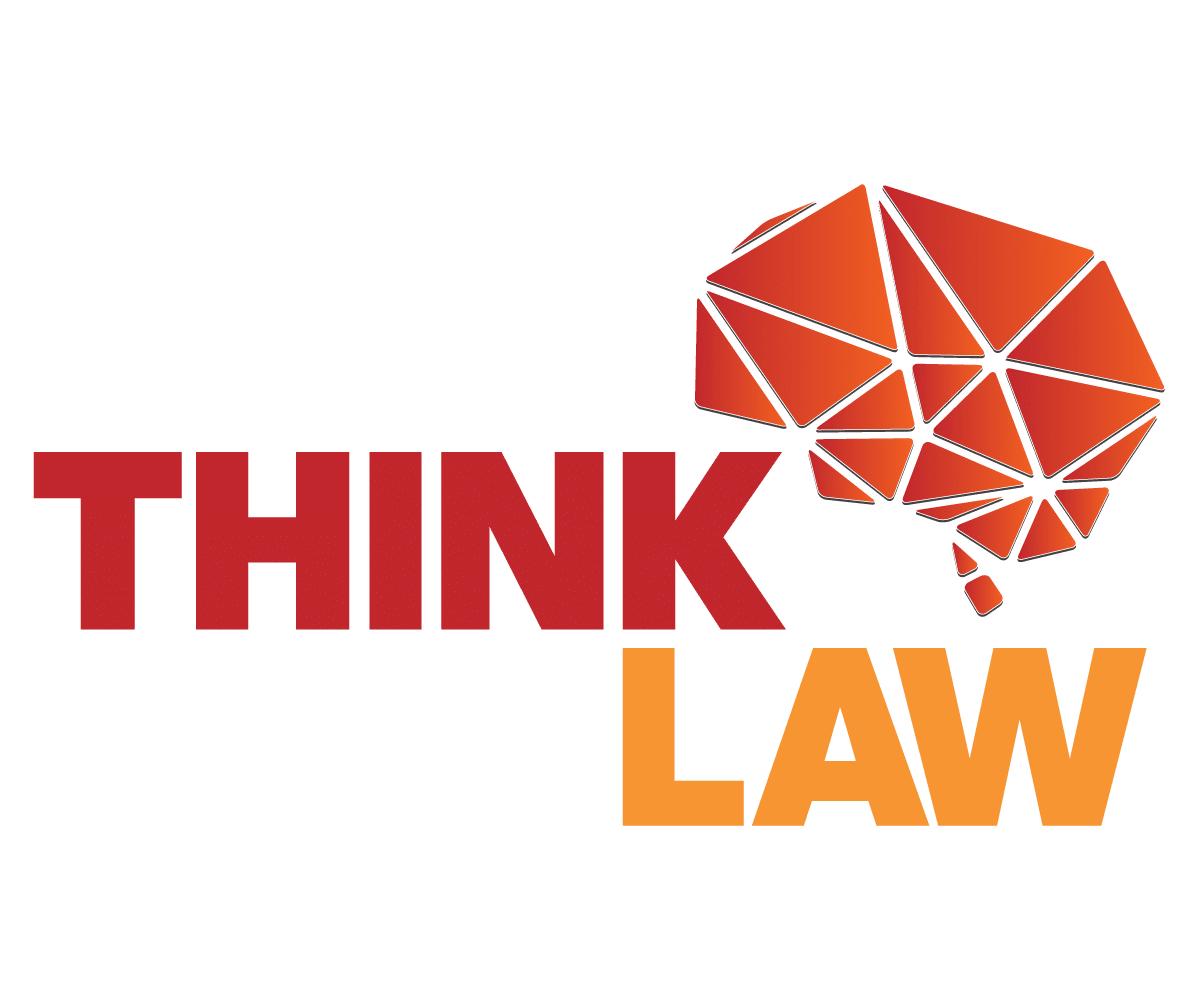

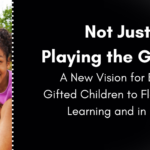
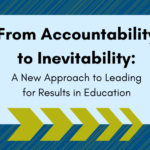
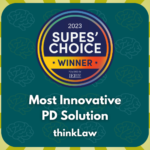
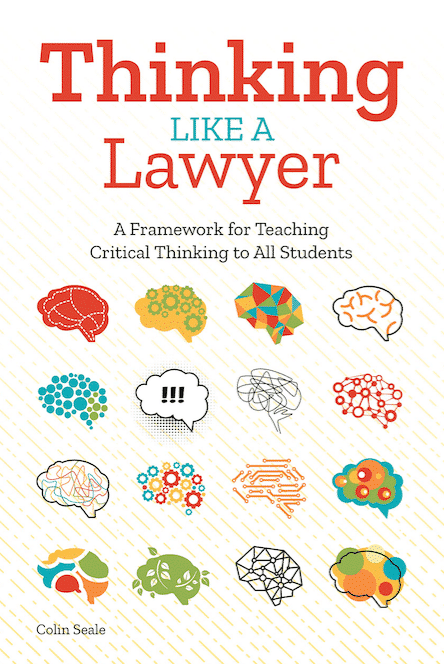
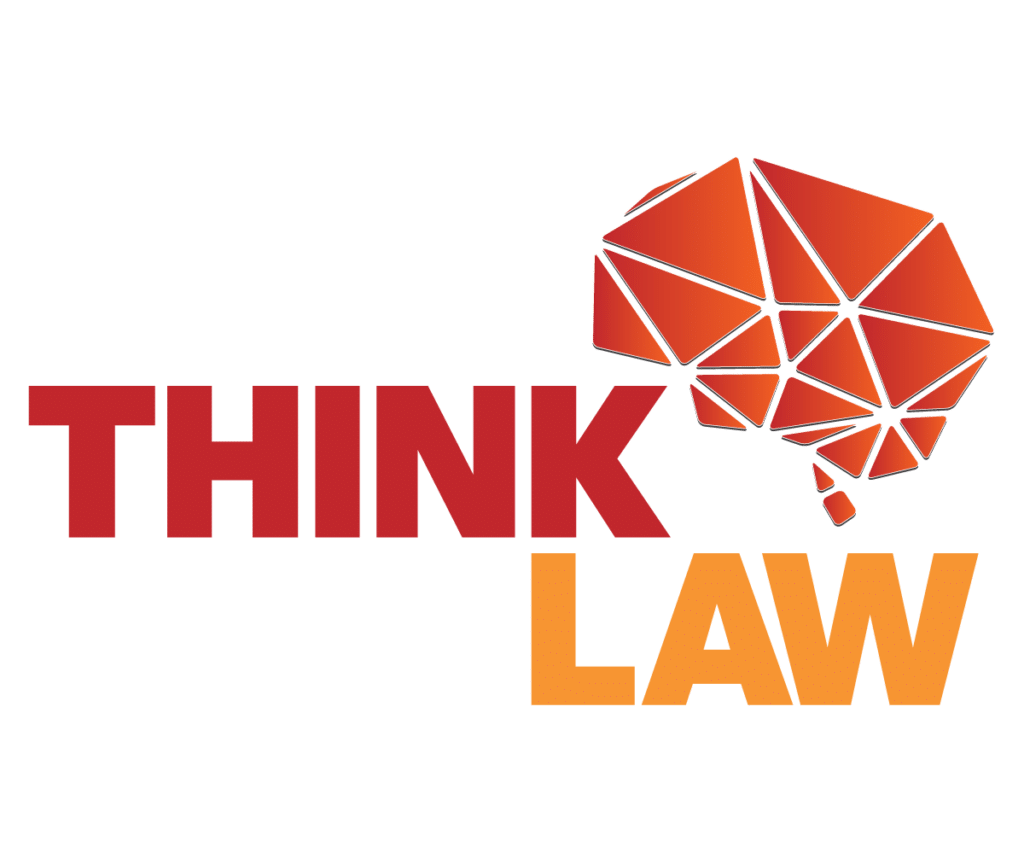
Leave a Reply